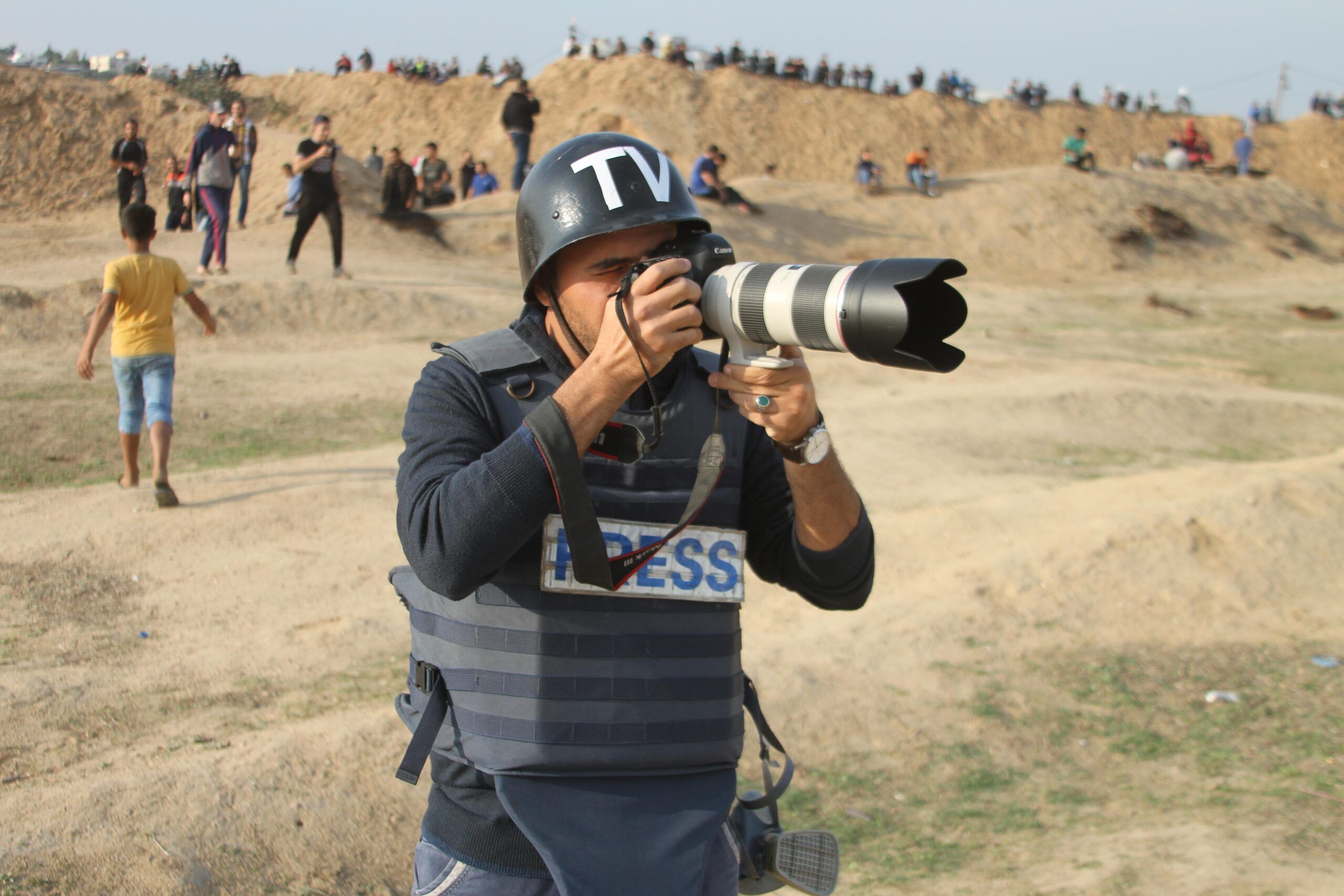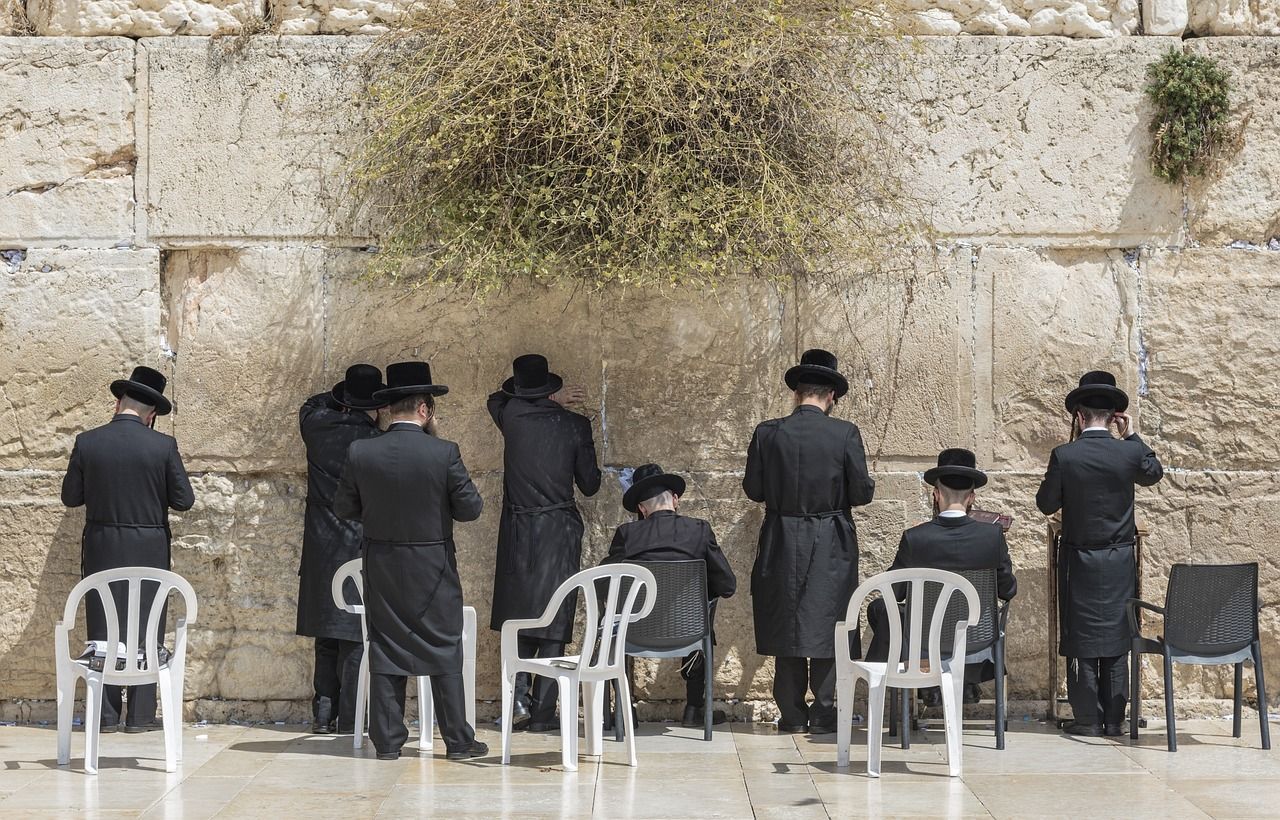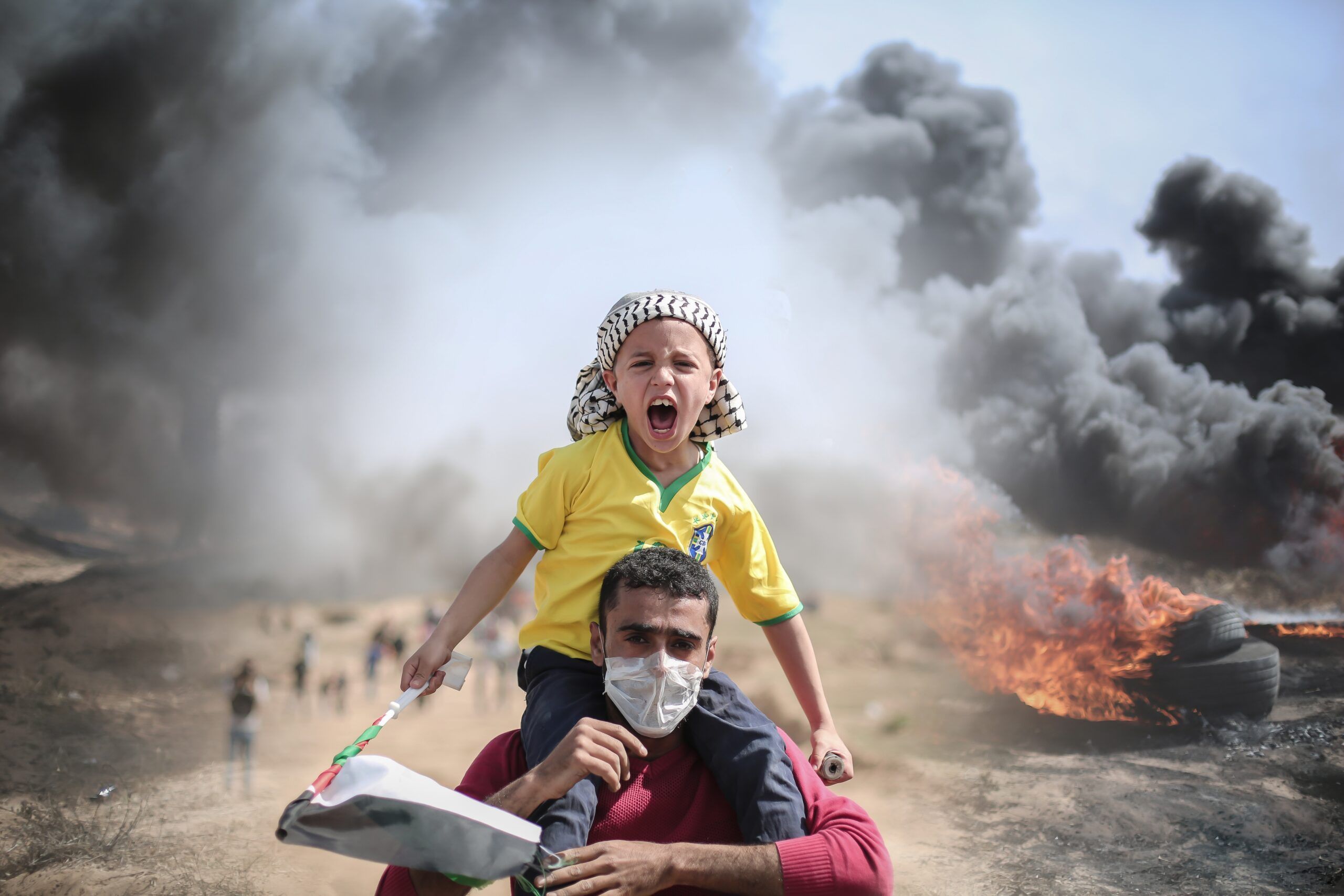Last month, BACKCOVERNEWS.COM exclusively revealed there are growing concerns about press freedom in Australia after some journalists across major newsrooms said they experienced attempts at censorship while covering Israel and Palestine
Now, The Islamophobia Register Australia has commissioned a study led by Dr. Susan Carland to examine media reporting on Israel-Palestine and whether it is balanced.
The comprehensive analysis revealed a notable reporting imbalance in five out of the six scrutinised accounts, including ABC News, The Australian, The Daily Telegraph, 9News, and news.com.au.

It looked at Instagram posts from ABC News, The Australian, The Daily Telegraph, 9News, news.com.au, and The Daily Aus during the period from October 7th, 2023, to November 7th, 2023.
The research identified deficiencies in adhering to minimum standards for humanising Palestinians in coverage of the conflict. Additionally, there was an observed imbalance in the use of active, passive, and middle voice when reporting on the situation.
Among the outlets under scrutiny, The Australian, The Daily Telegraph, and news.com.au displayed the most significant reporting imbalance, especially concerning the humanisation of Palestinians compared to Israelis.
Dr. Carland’s research focused on three critical areas: the choice of descriptive language in written posts/captions, the grammar employed in posts (specifically the use of passive, active, or middle voice), and the humanisation of the stories.
The study found that The Daily Telegraph, The Australian, and news.com.au demonstrated an unbalanced use of descriptive terms when reporting on Israel and Palestine.

Notably, Rupert Murdoch-owned outlets used highly emotive language when describing attacks against Israel, while toning down language intensity or omitting it altogether when discussing attacks on Palestine.
For example, The Daily Telegraph employed terms like “gruesome,” “murdered,” “horrific,” “shock,” “massacre,” “atrocities,” “harrowing,” “graphic,” “terrified,” and “brutal” to describe the Oct 7 Hamas attacks on Israelis.
However, similar emotive terms were absent when describing Israeli attacks on Palestinians.
The Australian used 30 evocative terms to describe the Israeli experience compared to nine for the Palestinians. Meanwhile, news.com.au used two descriptive terms for the Israeli experience (“despair” and “begged”) and none for the Palestinians.
9News and ABC News demonstrated a relatively more balanced approach, with equal numbers of descriptors for each experience. In contrast, The Daily Aus used almost no descriptive terms for either the Israeli or Palestinian experience.

“Anti-Palestinian racism is a specific and documented form of Islamophobia. With such a massive rise in reported incidents of Islamophobia since October 7th, we take issue with the imbalance of humanising and dehumanising descriptors between the accounts of Israelis and Palestinians.”
Last week, Crikey revealed that editors across Australian media conglomerate Nine mastheads threatened to ban all journalists from covering any content related to war, if they dare sign the open letter which seeks more balanced reporting on Gaza.
“Editors stressed that their decision to sideline staff who had signed the letter was motivated by a desire to protect their mastheads’ reputations from a perception of bias. They argued that the bans — while saying they were hesitant to use the word “ban” to describe them — were not punitive and were set to last as long as the conflict does,” journalist Cam Wilson wrote.
He added that readers were now “angrily cancelling their newspaper subscriptions” and that at least one senior staffer had quit in frustration.
Australia has a long-standing tradition of press freedom, a cornerstone of democratic societies. However, several incidents have raised questions about the extent to which journalists are able to freely report on the complex and sensitive issues surrounding the Israel-Palestine conflict.

